Best Shoes for Multiple Sclerosis
Enhancing Mobility for Multiple Sclerosis with Cadense. Our adaptive shoes are expertly designed to help you move more comfortably and confidently.

Dr. Gretchen Hawley
Page content collaborator
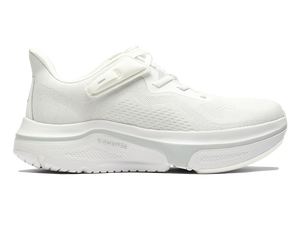
Watch a detailed Cadense review by Dr. Gretchen Hawley

WHAT IS MULTIPLE SCLEROSIS
Multiple Sclerosis (MS) is a complex neurological condition that affects the central nervous system, comprising the brain and spinal cord. This chronic disease occurs when the immune system mistakenly attacks the protective covering of nerve fibers, known as myelin. As a result, communication between the brain and the rest of the body becomes disrupted.
The impact of MS on Walking
One of the effects of MS is its impact on mobility, particularly walking. The damage to the myelin sheath can result in a range of symptoms that affect the ability to walk smoothly and efficiently. Individuals with MS may experience muscle weakness, numbness, or tingling in the legs, making it challenging to maintain a normal gait.
Exercises for Multiple Sclerosis
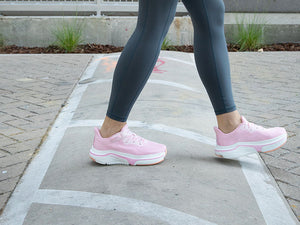
Walking
Walking is a low-impact exercise that can help improve cardiovascular health, maintain muscle strength, and enhance balance.
Start with short, manageable distances and gradually increase as your endurance improves. Consider using assistive devices like adaptive shoes, canes, or walking poles if needed.

Yoga
Yoga is known for its gentle, controlled movements and focus on breathing. It can help improve flexibility, balance, and relaxation.
Many yoga poses can be adapted to accommodate varying mobility levels. Look for classes specifically designed for individuals with MS or those with limited mobility.

Swimming
Swimming is an excellent low-impact exercise that provides resistance without putting stress on the joints.
It can help improve strength, flexibility, and cardiovascular fitness. Consider water aerobics or swimming laps depending on your comfort and ability.
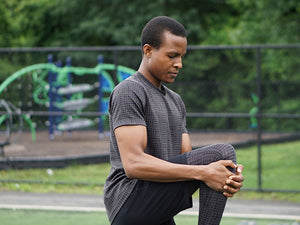
Stretching
Incorporating gentle stretching into your routine can help improve flexibility and reduce muscle stiffness.
Focus on major muscle groups, including hamstrings, quadriceps, calves, and the upper body. Hold each stretch for 15-30 seconds, breathing deeply and avoiding any movements that cause pain.
Frequently Asked Questions
What is the best lifestyle for MS patients?
The ideal lifestyle for individuals with MS emphasizes a balanced and healthy approach. Regular exercise, tailored to your abilities, can help manage symptoms and improve overall well-being. A well-balanced diet, rich in nutrients, is essential for maintaining optimal health. Adequate rest and sleep are crucial, as fatigue is a common symptom of MS. Finally, staying connected with a supportive network, including friends, family, and healthcare professionals, can provide emotional and practical support.
Do people with MS walk differently?
Yes, walking difficulties are a common symptom of multiple sclerosis. The impact on walking can range from mild to severe, depending on the individual and the progression of the disease. Some people with MS may experience issues with balance, coordination, or muscle weakness, affecting their gait. Physical therapy and assistive devices, such as adaptive shoes, canes or braces, can be helpful in managing walking difficulties and maintaining mobility. It's important for individuals with MS to work closely with healthcare professionals to address specific challenges and develop personalized strategies for maintaining mobility.
What should I avoid with multiple sclerosis?
Living with multiple sclerosis (MS) involves managing your lifestyle to minimize potential triggers and challenges. It's advisable to avoid excessive stress, as stress can exacerbate symptoms. Smoking is another factor that may worsen MS, so quitting or avoiding smoking is recommended. Additionally, some individuals find that extreme temperatures, both hot and cold, can be challenging, so taking measures to stay cool or warm is important.
How can I stop my MS from progressing?
We know lifestyle factors such as eating a healthy diet, maintaining a healthy gut, exercising regularly, and taking vitamin D are helpful for our overall health. Some, like exercise, can help with MS symptoms and prevent complications. See our exercise section for some inspiration.


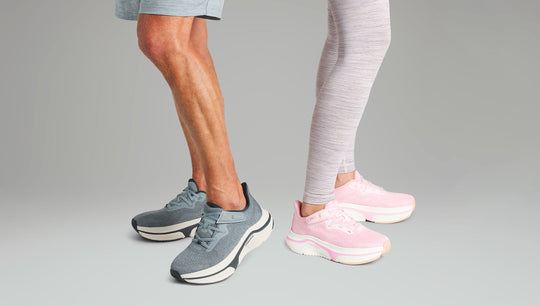





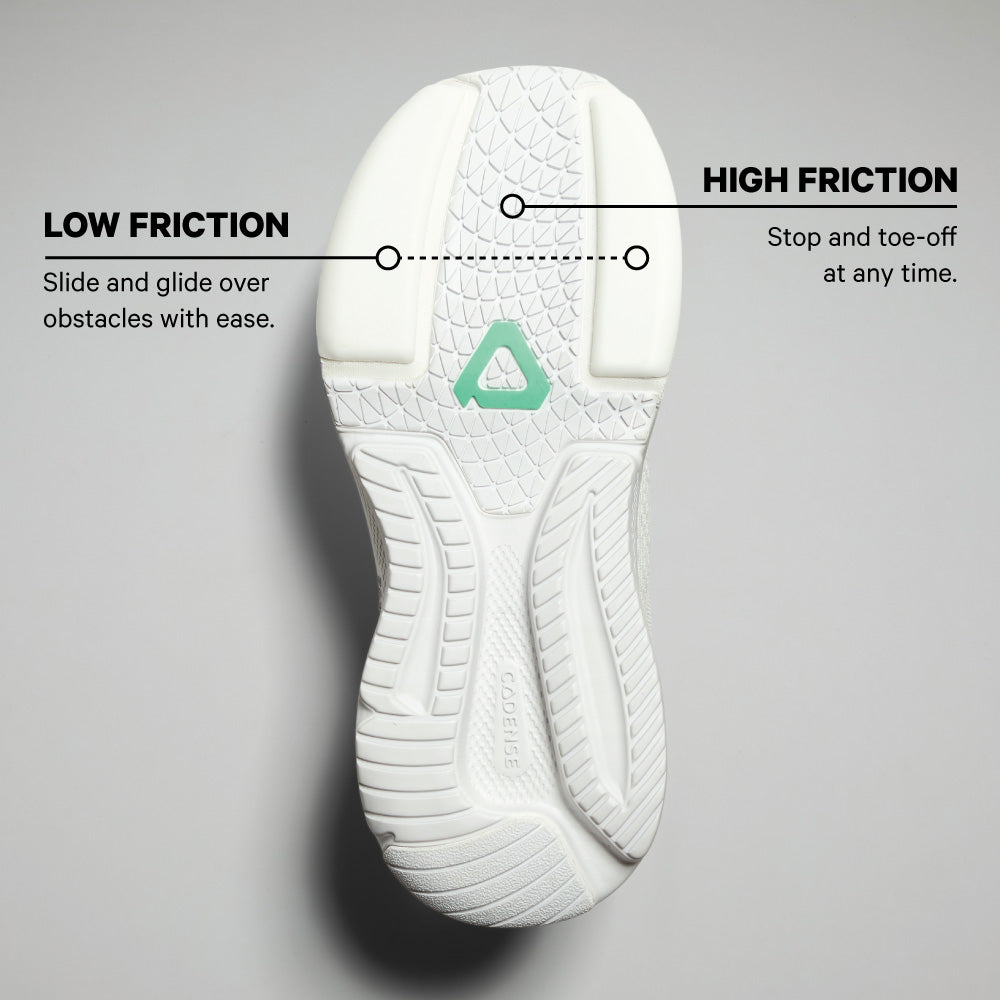
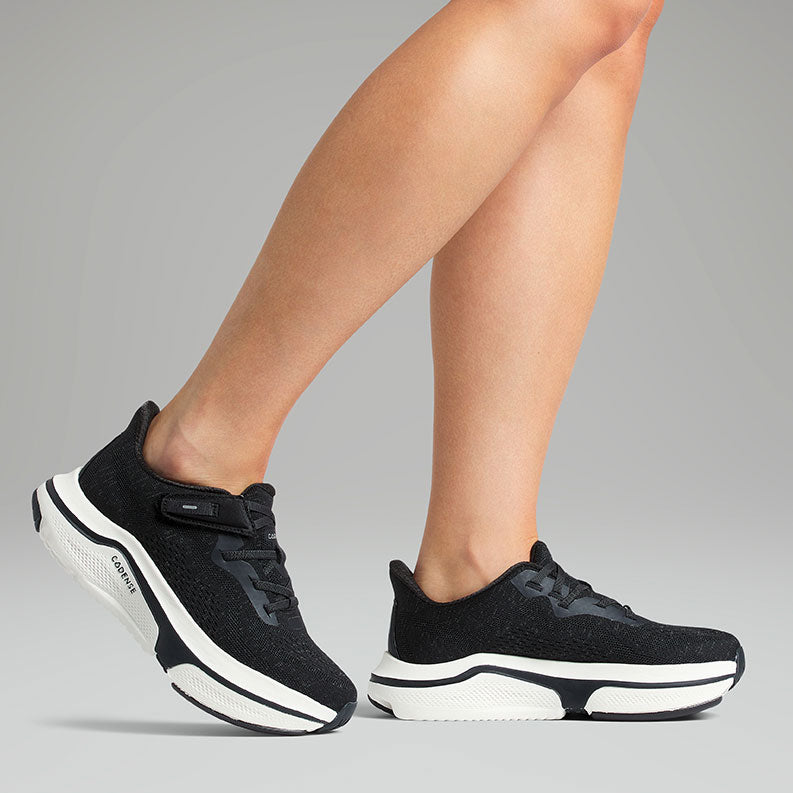
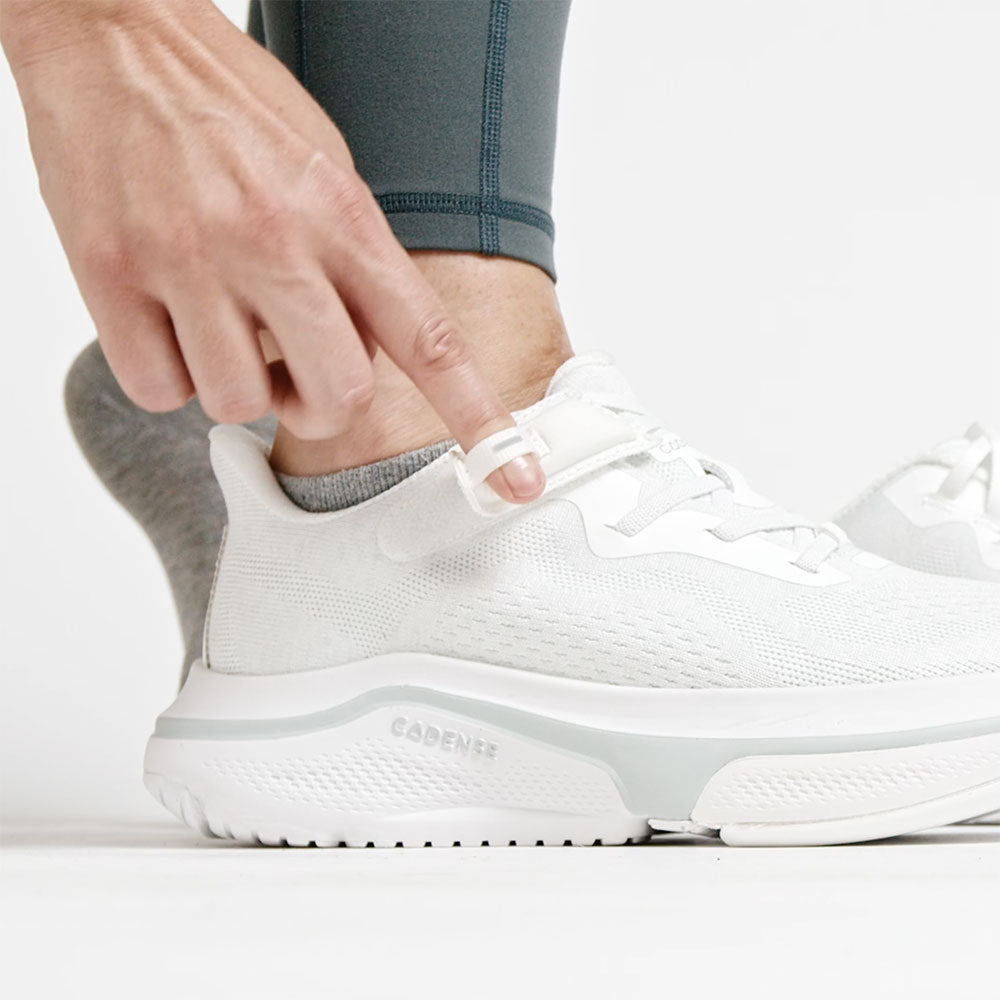
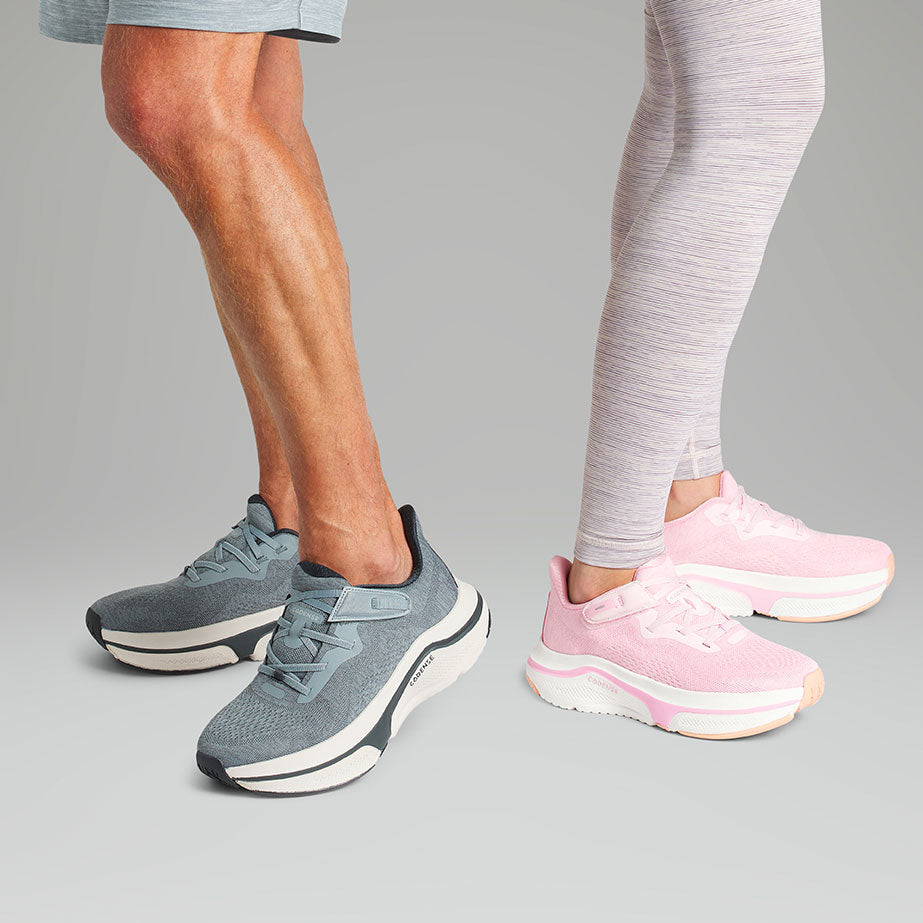
![[color: white] Original Women's Adaptive Shoe](http://cadense.com/cdn/shop/files/CadenseOriginalWomensWhite-001.jpg?crop=center&height=300&v=1694622872&width=300)
![[color: black] Original Women's Adaptive Shoe](http://cadense.com/cdn/shop/files/CadenseOriginalWomensBlack-001.jpg?crop=center&height=300&v=1698770194&width=300)
![[color: light blue] Original Women's Adaptive Shoe](http://cadense.com/cdn/shop/files/CadenseOriginalWomensLightBlue-001.jpg?crop=center&height=300&v=1698770194&width=300)
![[color: pink] Original Women's Adaptive Shoe](http://cadense.com/cdn/shop/files/CadenseOriginalWomensPink-001.jpg?crop=center&height=300&v=1698770194&width=300)
![[color: black] Original Men's Adaptive Shoe](http://cadense.com/cdn/shop/files/CadenseOriginalMensBlack-001.jpg?crop=center&height=300&v=1694621753&width=300)
![[color: slate] Original Men's Adaptive Shoe](http://cadense.com/cdn/shop/files/CadenseOriginalMensSlate-001.jpg?crop=center&height=300&v=1698770277&width=300)
![[color: white] Original Men's Adaptive Shoe](http://cadense.com/cdn/shop/files/CadenseOriginalMensWhite-001.jpg?crop=center&height=300&v=1698770277&width=300)